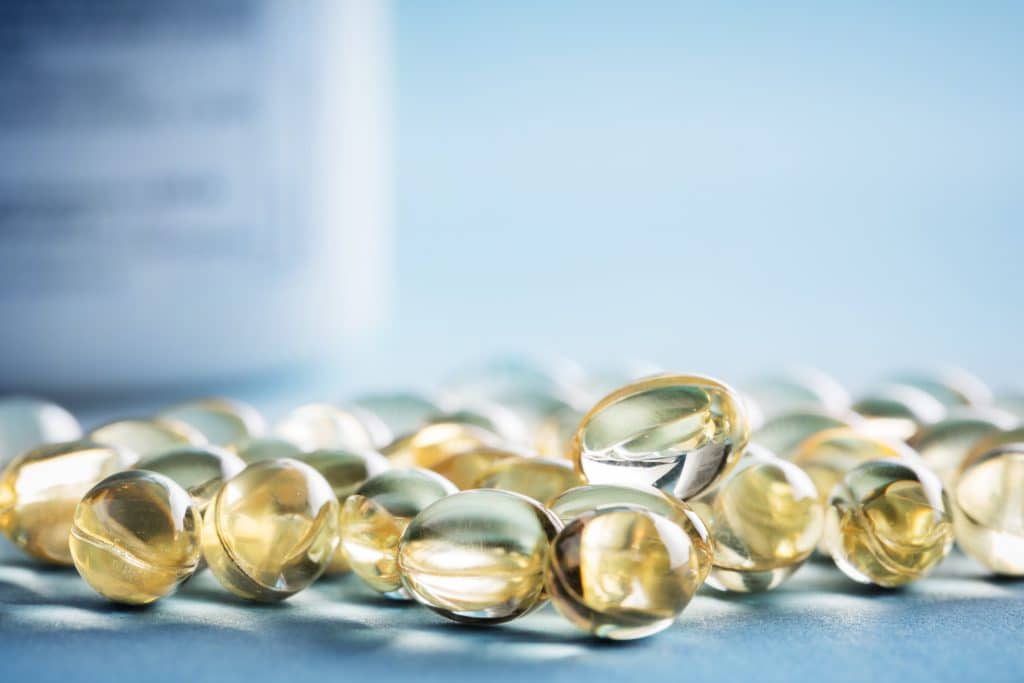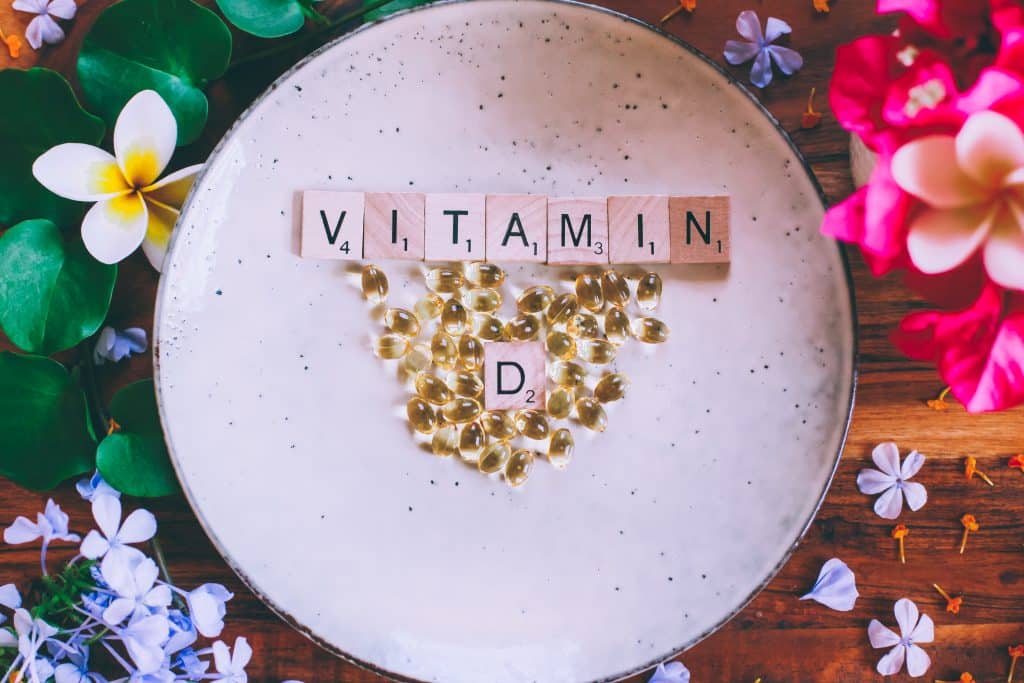Did you know that vitamin D is one of the essential vitamins for your body? It involves many processes, including cell growth, bone health, and immunity. A lack of vitamin D can lead to many health problems, so you must ensure you get enough. To help you better understand this nutrient, this article will show you some of the different reasons why vitamin D is so important. It will also discuss how to get more of it in your diet!
Contents
Why Vitamin D Is Different From Other Vitamins

Vitamin D is different from other vitamins in a few key ways. For one, it is the only vitamin that our bodies can produce on their own. Exposure to sunlight triggers the production of Vitamin D in our skin. In addition, Vitamin D is the only vitamin stored in our bodies. Whereas other vitamins are water-soluble and excreted in our urine, Vitamin D is fat-soluble and stored in our liver and fatty tissues.
Finally, Vitamin D is unique because it functions more like a hormone than a vitamin. It helps to regulate calcium absorption and phosphate levels in your bones, as well as cell growth and immune function. These characteristics make Vitamin D an essential nutrient for your overall health.
The Benefits Of Vitamin D
Most people know of some of the basic functions of vitamin D but are unaware of how it can benefit our health. This section will take a look at some of the different ways vitamin D works in the body:
Help Fight Diseases

Vitamin D is essential for many functions in the body. Still, recent research has also suggested that vitamin D may protect against many chronic diseases, such as cancer, heart disease, and diabetes. One of the ways Vitamin D may help fight disease is by reducing inflammation. Inflammation is a key driver of many chronic diseases, and vitamin D has anti-inflammatory effects. For example, one study found that people with higher levels of vitamin D had lower levels of inflammation markers in their blood.
Vitamin D may also help reduce the risk of cancer by fighting cell damage and promoting cell death. While more research is needed to confirm the role of vitamin D in disease prevention, these findings suggest that getting enough vitamin D could be an essential step in protecting your health.
Aid In Weight Loss

Vitamin D deficiency can cause obesity, and research suggests that this nutrient may help to regulate metabolism and fat storage. Along with helping to prevent diseases, vitamin D can also cause weight loss. In a study of overweight and obese women, supplementing with Vitamin D led to greater weight loss and reduced waist circumference.
Another study found that vitamin D3 supplementation reduced body fat mass. However, more research is needed to confirm these results. Nevertheless, vitamin D is an essential nutrient for overall health and may also play a role in weight loss.
Helps With Calcium Absorption

Vitamin D is essential for calcium absorption; calcium is needed for strong bones and teeth. Vitamin D helps the body absorb calcium. When your body gets calcium from the foods you eat, vitamin D helps your intestines absorb it. If you don’t have enough vitamin D, your body won’t be able to absorb calcium and may even start to take it from your bones, leading to weaker bones.
Your bones will stay strong and healthy if you have enough vitamin D. This is especially important for older adults, who may be at a higher risk for osteoporosis. Taking steps to ensure adequate vitamin D intake, such as through diet or supplementation, can help keep your bones strong as you age.
Assist Cell Growth

Vitamin D is best known for maintaining strong bones, but this essential vitamin can also play a critical role in cell growth. Vitamin D helps the body absorb calcium, which is necessary for developing and maintaining healthy bones. However, calcium is also vital for other tissues in the body, including muscles, nerves, and blood vessels.
In addition, vitamin D helps regulate cell growth and differentiation, which helps cells develop into their mature form and function properly. Therefore, getting enough vitamin D is essential for maintaining healthy cell growth. Without adequate vitamin D, cells can become abnormal and contribute to cancer development.
Boost Your Immune System

While it may not be a cure-all, research has also begun to explore the role of vitamin D in preventing and treating infections. Some studies have found that vitamin D can help to reduce the risk of respiratory infections, such as colds and influenza. Other studies have shown that vitamin D supplementation can improve the outcome of people hospitalized with COVID-19.
It is unclear exactly how vitamin D boosts immunity, but one theory is that it helps to regulate the production of inflammatory molecules. These molecules play a crucial role in the immune response and can either help or harm the body’s efforts to fight off infections. More research is needed to understand vitamin D’s role in immune health fully, but ensuring adequate intake may offer some protection against illness.
Signs Of Vitamin D Deficiency

If you don’t get enough vitamin D, it can lead to a deficiency. While some symptoms are subtle, others can significantly impact your health.
Some signs of a vitamin D deficiency include:
- Fatigue and tiredness
- Bone pain
- Frequent illnesses or infections
- Depression
- Hair loss
- Muscle pain
- Impaired wound healing
Certain groups may be at a higher risk for vitamin D deficiency, including older adults, those with limited sun exposure, and those with darker skin. If you suspect a vitamin D deficiency, it is essential to talk to your doctor. They can order a blood test to check your levels and recommend appropriate treatment, such as supplements or changes in diet.
Ways To Get More Vitamin D

Vitamin D is sometimes called the “sunshine vitamin” because our bodies can make it when our skin is exposed to sunlight. However, relying on sunshine for your vitamin D intake may not be enough, especially during the winter or if you live in areas with less sun exposure. In addition, sunscreen can block the body’s ability to produce vitamin D.
Including vitamin D-rich foods in your diet is a great way to ensure adequate intake. These include fatty fish, such as salmon and tuna, eggs, mushrooms, and fortified dairy products or cereals. Supplements are another option for increasing vitamin D levels, but it’s essential to talk to your doctor before starting any new supplement.
Vitamin D Is Truly An Essential Vitamin!
Ensuring adequate intake can have significant benefits for your well-being. Whether you get it from the sun, your diet, or supplements, make sure to prioritize getting enough vitamin D for optimal health. Overall, vitamin D is essential in many aspects of health, including bone and immune function. So if you feel that you may be lacking in this important vitamin, consider talking to your doctor about a possible deficiency and steps you can take to improve your levels.


